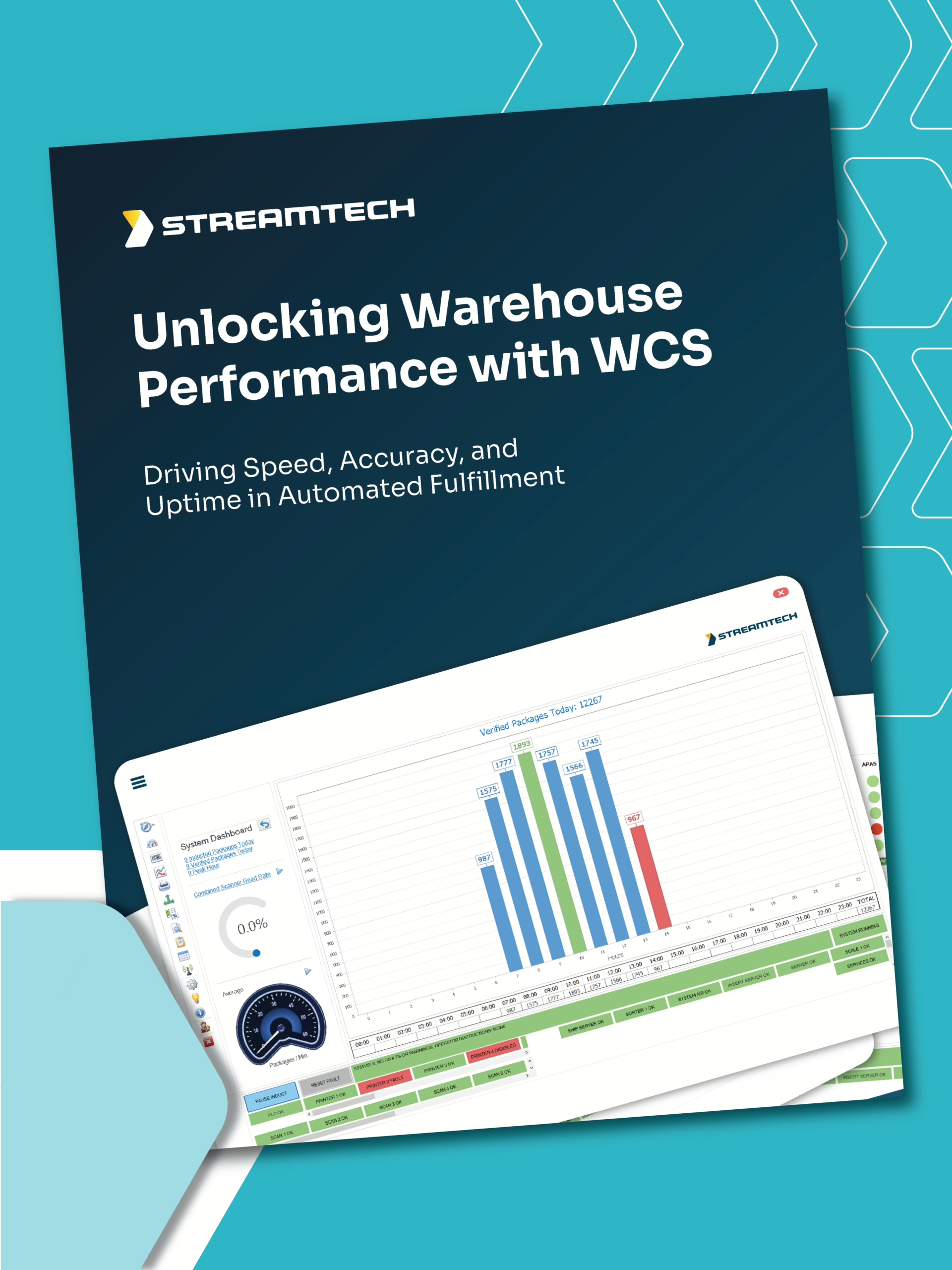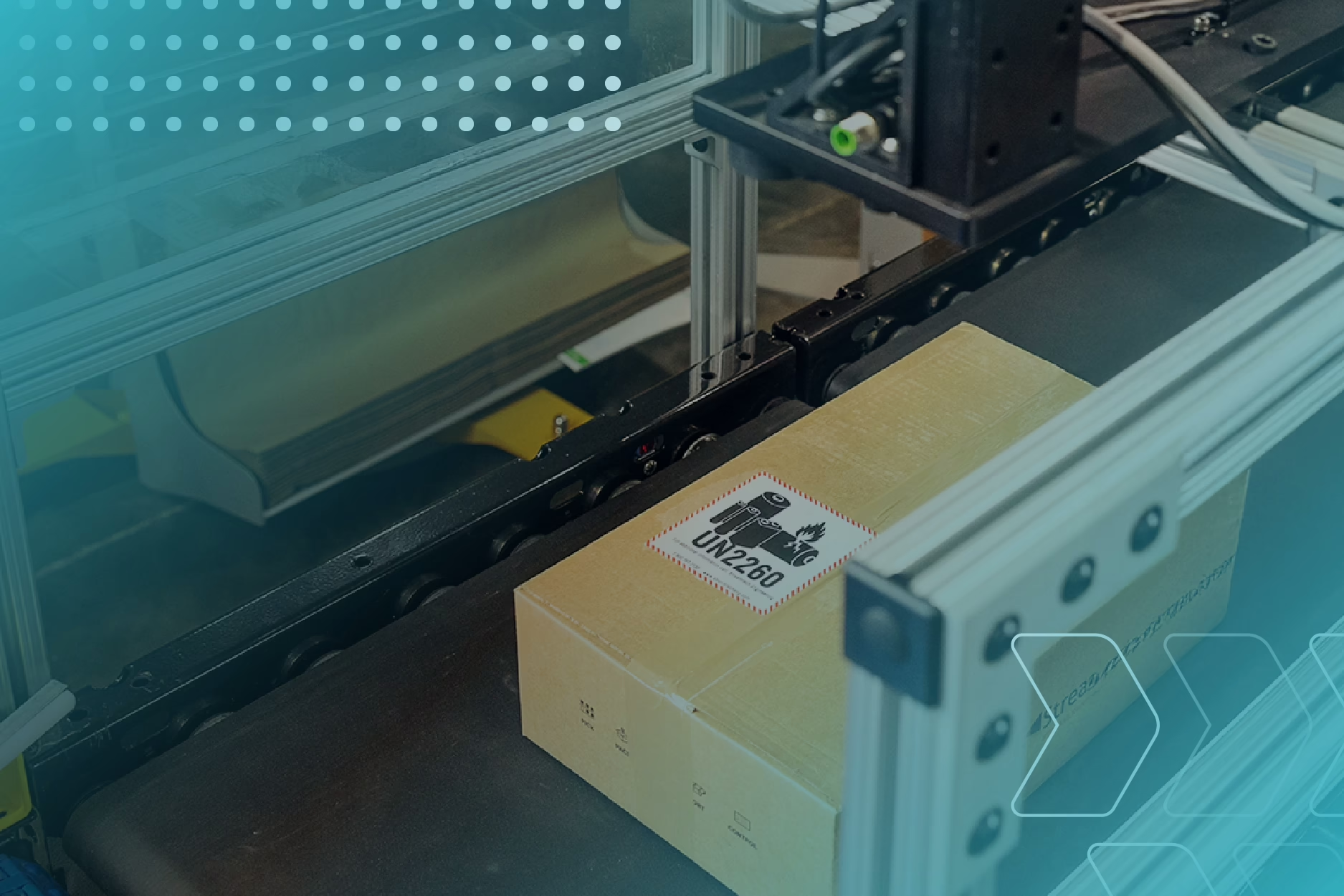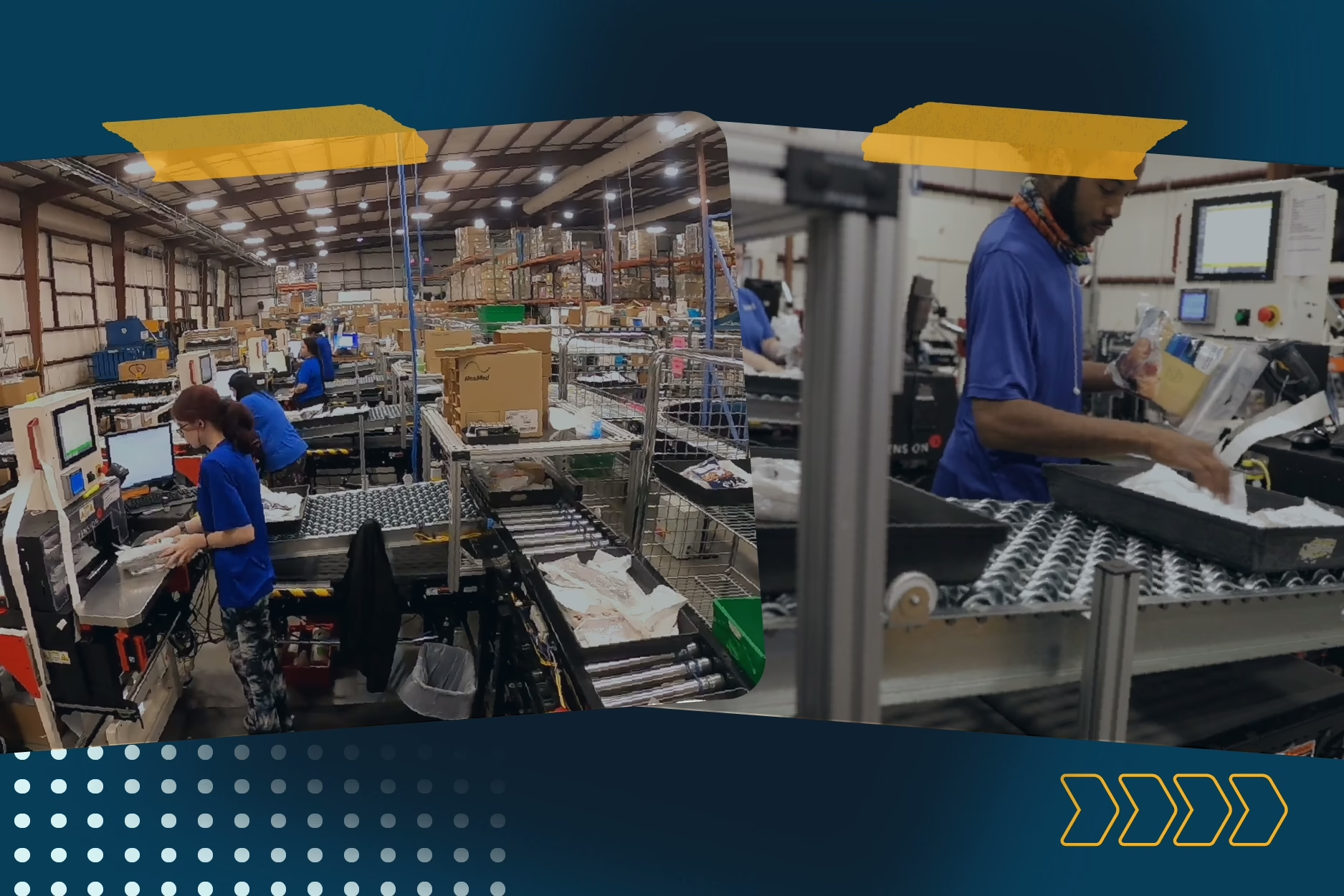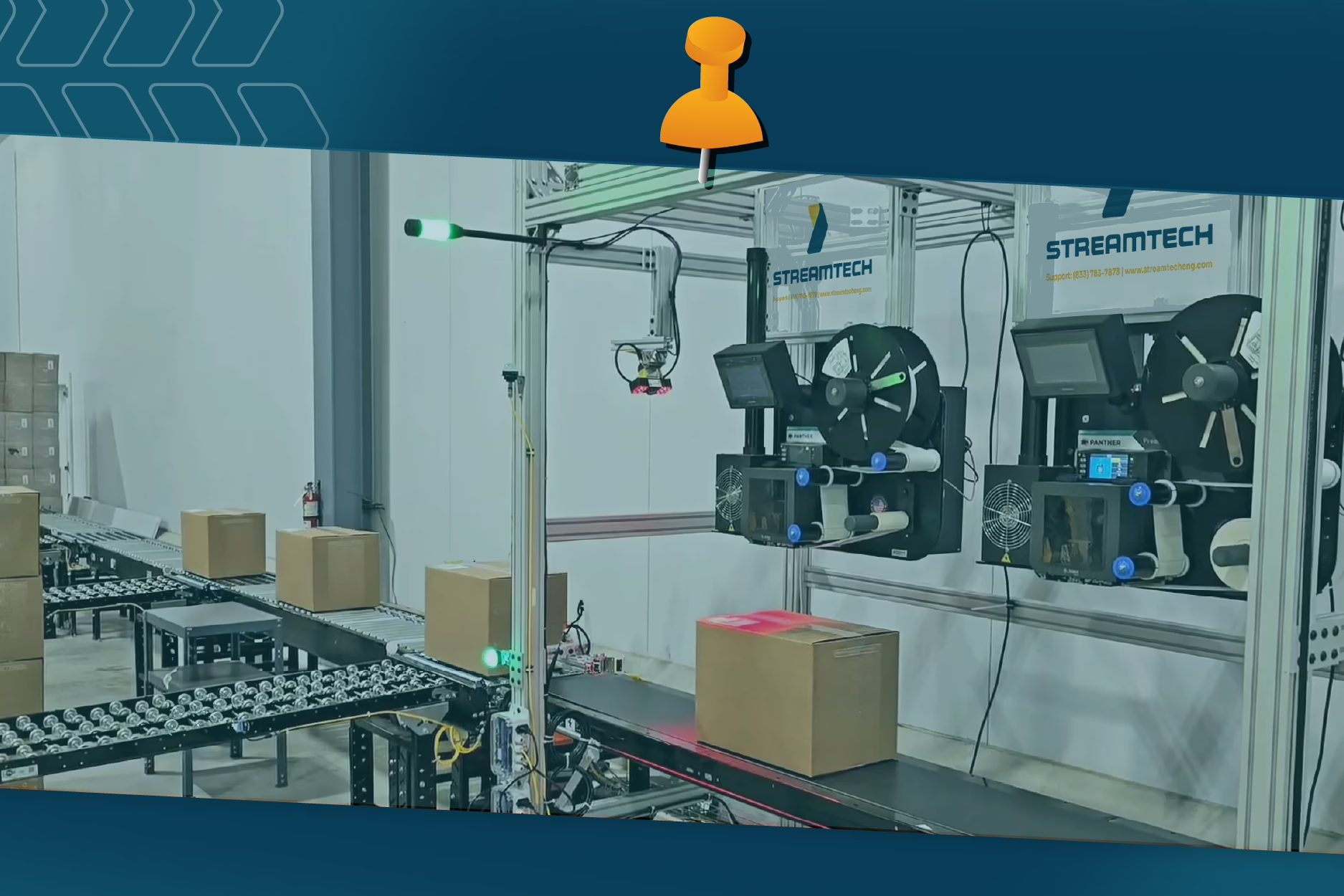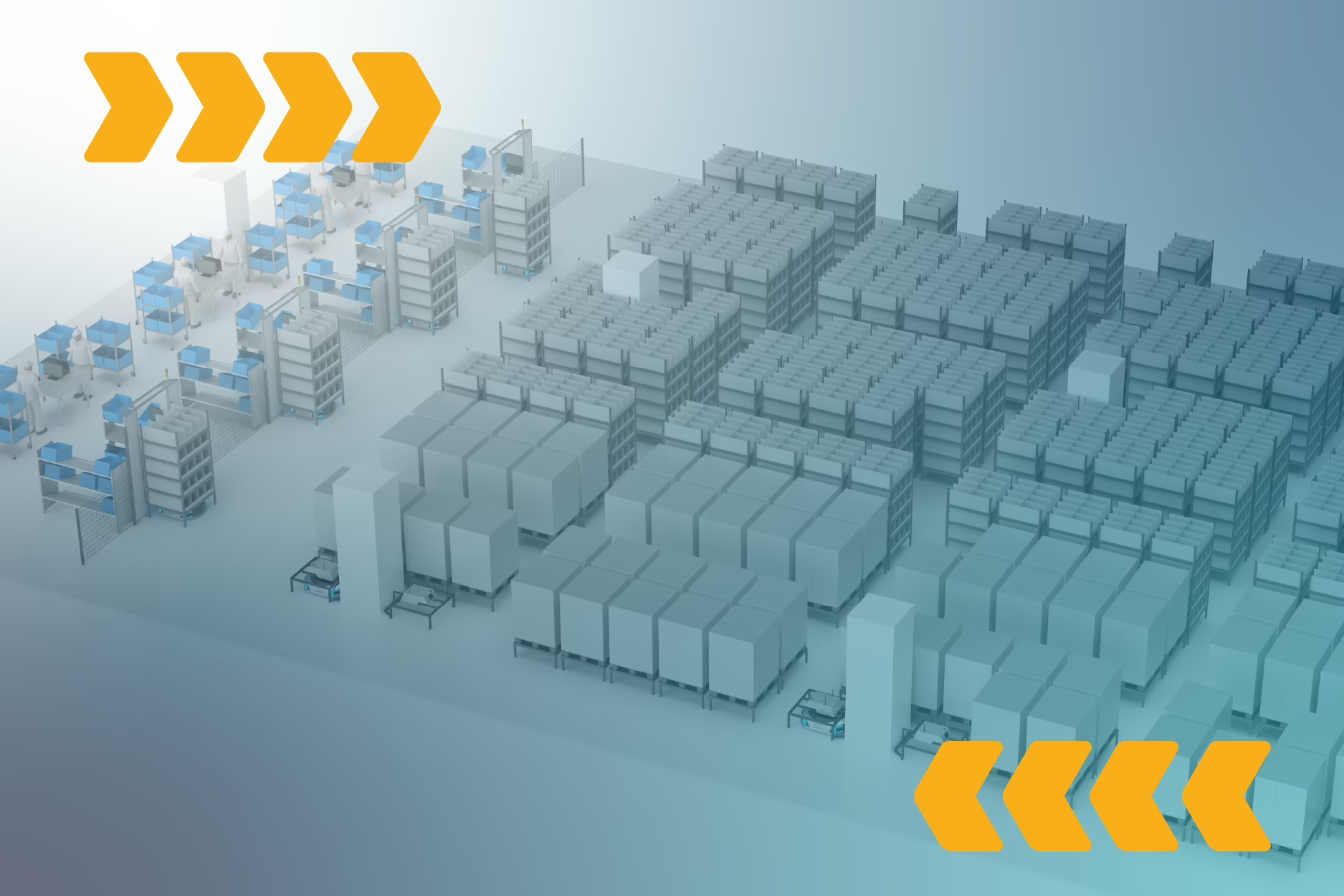Estimated reading time: 6 minutes
What Is Label Compliance?
Label compliance is a process aimed at ensuring that a product label fulfills all the relevant requirements and standards within a specific industry. It involves creating and affixing labels to products that must meet specific guidelines. Numerous organizations play a pivotal role in overseeing these regulatory measures, including but not limited to the Food and Drug Administration (FDA), Environmental Protection Agency (EPA), and other industry-specific regulatory bodies.
The Importance Of Label Compliance
Label compliance holds significant importance for several reasons. First and foremost, it ensures that products meet the regulatory requirements and standards set by authorities and industry bodies. It also enhances transparency and trust between businesses and consumers. Clear and accurate labeling provides vital information about a product, including its ingredients, allergens, usage instructions, and potential hazards. This empowers consumers to make informed choices and minimizes the risk of adverse reactions or misuse.
Additionally, label compliance plays a crucial role in mitigating legal and financial risks for businesses. Non-compliance with labeling regulations can lead to costly consequences such as fines, legal actions, product recalls, and damage to brand reputation. By adhering to labeling standards, businesses can avoid these risks and demonstrate their commitment to regulatory compliance.
Moreover, label compliance facilitates efficient supply chain management. Properly labeled products enable smooth tracking, inventory management, and logistics operations. It ensures that products are correctly identified, sorted, and distributed, leading to improved operational efficiency and customer satisfaction.
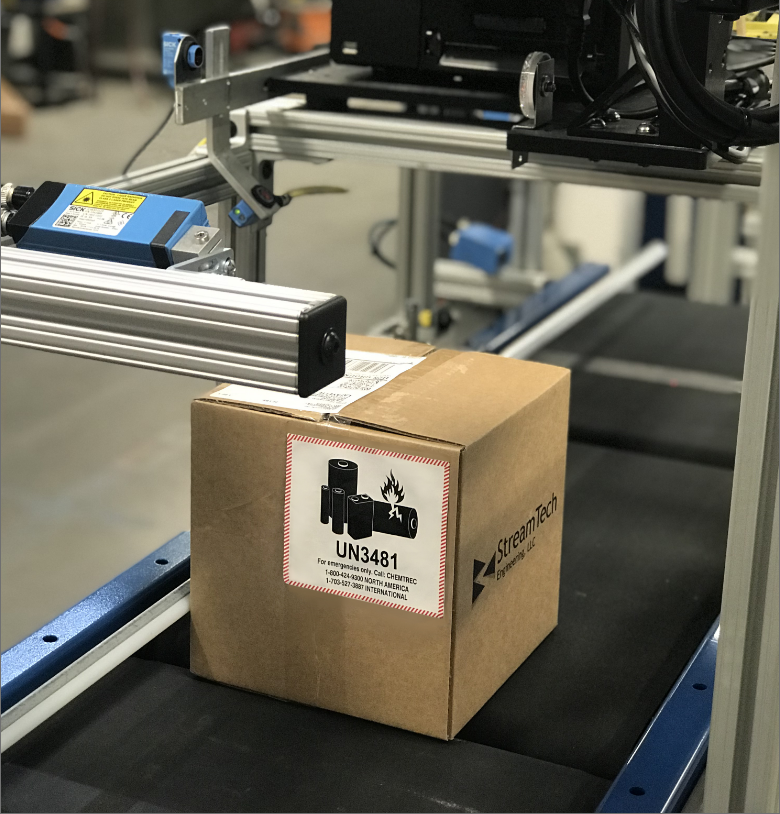
Industry Examples:
The legal standards for labeling often differ from industry to industry. Certain industries are stricter with labeling due to the health and safety risks associated with their products.
- Food And Beverage Industry: This industry includes nutritional fact labels, ingredient lists, allergen warnings, expiration dates, and country of origin labels. These labels help consumers make informed choices about the products they purchase and consume.
- Pharmaceutical Industry: Pharmaceuticals involves important information such as dosage instructions, warnings, contraindications, batch numbers, and manufacturing dates. These labels ensure that medications are used safely and appropriately.
- Chemical Industry: Chemical products often require compliance labels with hazard pictograms, safety warnings, handling instructions, and regulatory codes. These labels communicate potential risks associated with the chemicals and provide guidelines for safe usage.
- Automotive Industry: The automotive sector includes labels related to vehicle safety, such as airbag warnings, tire pressure recommendations, fuel efficiency ratings, and emission standards. These labels help ensure consumer safety and environmental compliance.
- Textile Industry: Textile products may have compliance labels indicating fabric composition, care instructions, and country of origin. These labels ensure that consumers have accurate information about the textiles they purchase and use.
- Electronics Industry: Electronic devices often include safety certifications, energy efficiency ratings, and recycling symbols. These labels help consumers make environmentally conscious choices and understand the safety standards of electronic products.
- Medical Devices Industry: Medical devices commonly include labels with instructions for use, sterilization guidelines, unique device identifiers (UDIs), and regulatory compliance information. These labels ensure the safe and proper use of medical devices.
These examples illustrate the diverse applications of label compliance across different industries, all aimed at providing important information to consumers, ensuring regulatory adherence, and promoting safety and transparency.
Additionally, most large distributors and retailers will have their own UCC labeling requirements that must be on the outside of certain shipments in order to be processed and received correctly through their inventory systems. For companies shipping to a wide range of distributors and retailers, this labeling requirement can be different for each one, and can be a headache for outbound fulfillment to get right.
Label Compliance Experts:
At StreamTech, we understand the challenges associated with complying to specific labeling standards. We have experienced and knowledgeable engineers on hand that have worked with companies in a variety of industries to meet all the necessary requirements.
Our solutions encompass a wide range of needs, whether it involves meeting the stringent labeling requirements imposed by the FDA for accurate nutrition information or delivering the appropriate labels to comply with E-CFR. By leveraging our cutting-edge technology and industry know-how, we have empowered numerous businesses to navigate the intricate realm of regulatory compliance.
Specialized labeling applications can also be incorporated into an existing or new end-of-line shipping automation system (SLAM system), where packages are already being weighed, dimensioned, manifested and carrier labeled. Adding label compliance can make sense as an added step in the process.
Labeling Compliance FAQ
If you have any further questions, please don’t hesitate to contact our customer support team for assistance.
The FDA label compliance review is a process where the Food and Drug Administration evaluates product labels to ensure they meet regulatory requirements and standards. It involves scrutinizing factors such as ingredient lists, dosage instructions, warnings, and other information to ensure consumer safety and regulatory compliance.
OSHA, the Occupational Safety and Health Administration, sets labeling standards to ensure workplace safety. These standards cover hazardous chemicals and substances. Labels must include information on potential hazards, safe handling instructions, and other relevant details to protect workers from risks associated with these substances.
Yes, the Environmental Protection Agency (EPA) mandates label requirements, especially in industries dealing with chemical products. Compliance with EPA regulations ensures that labels on these products include hazard pictograms, safety warnings, handling instructions, and regulatory codes to communicate potential risks and promote safe usage.
Products without labels can face serious consequences. Non-compliance with labeling regulations may lead to legal actions, fines, and product recalls. Additionally, lacking essential information could pose risks to consumers who may not be aware of ingredients, usage instructions, or potential hazards.
Yes, labels are mandatory, and they must include crucial information depending on the industry. For instance, in the food industry, labels should provide nutritional facts, ingredient lists, allergen warnings, and expiration dates. In pharmaceuticals, dosage instructions, warnings, batch numbers, and manufacturing dates are essential.
Legally required information on packaging varies by industry. Common requirements include product identity, quantity, manufacturer information, and, in some cases, specific details like nutritional information or safety warnings. Compliance with these regulations ensures transparency and consumer safety.
Generally, handwritten shipping labels are not recommended. Most shipping carriers prefer printed labels for clarity and accuracy. Using handwritten labels may result in processing delays or even rejection by carriers. It’s advisable to use printed labels generated through shipping platforms for smoother logistics.
Yes, even if you print your own shipping label, you are still responsible for the associated shipping costs. The act of printing your label doesn’t automatically cover the shipping expenses. These costs are typically paid through the chosen shipping carrier or platform during the label creation process.

